What if fundamental residential services and utilities came to site preassembled like pieces in a giant Lego set? That's exactly what the UniPod is all about. This is one solution to the problem of coordinating up to a dozen trades in a constricted space at site.
The UniPod concept is an open-source universally accessible bathroom pod — designed specifically for multi-unit residential applications including social housing, retirement villages, and apartment buildings.
New Zealand is no stranger to bathroom pods — oversized building blocks that are stacked into upmarket hotels to save time and deliver high-quality finishes — thousands have been built here since the 1980s.
The open-source UniPod is the brain-child of PrefabNZ, the hub for prebuilt construction in New Zealand. PrefabNZ is working with BRANZ funding to increase uptake of prefabrication through the Levers for Prefab programme.
The UniPod provides an exciting glimpse into the future of medium-density housing — online instructions for assembling by manufacturers anywhere in New Zealand. This is similar to how pre-nailed wall frames and roof trusses started, and now those systems are commonplace building components for almost all new build housing.
PrefabNZ recently ran a UniPod design competition which was won by Wellington's First Light Studio. Originating from Victoria University of Wellington, First Light is the award-winning team that became the first southern hemisphere entrant in the United States Solar Decathlon competition in 2013. They sent their Meridian First Light House to the United States to place third overall, and also took out podium spots for five of the ten competition areas — architecture, engineering, market appeal, hot water and energy balance.
Their UniPod design "is innovative and intensive, cleverly combining all of the necessary functional requirements in a smart wall services core that is highly space efficient. Its small space means a high degree of usability for different building types and assists with installation logistics, manoeuvrability and cranage," says PrefabNZ Board Chair and Judge Daiman Otto.
What really makes the winning UniPod submission special is its flexibility. As essentially a flashed up 'service wall', it doesn't constrain the room dimensions of the kitchen or the bathroom / laundry that back onto it. This means it has a wide range of potential uses and applications for different residential types and sizes.
Would you use an open-source UniPod as a starting building block in your next residential development? The prototype will be on display in April at the PrefabNZ CoLab in Auckland. As an open-source design, it will become available to the specification community from that point and all feedback is welcome.

UniPod winning submission (Source: First Light Studio)
About the winning UniPod submissions:
The winning First Light team goes home with $5,000 cash and three free tickets to the upcoming PrefabNZ CoLab event (April 6-8 in Auckland), along with a sneak preview of their prototype design in the flesh. Kevin Stanley, Managing Director of Stanley Group, says his team are excited and looking forward to the opportunity to work on the prototype manufacture of this "unique and well thought-out proposal". All will be revealed at the CoLab in a few weeks time.
Additionally, the judges chose to award the entry from Christchurch's Welhaus with Highly Commended and two free tickets to the PrefabNZ CoLab. Their design solution "provides a well resolved and thought-out space that allows for a number of different configurations, markets and aesthetic treatments," says Daiman Otto, PrefabNZ Board Chair. "In paying attention to the arrangement and spatial dimensions of the internal space, a highly functional and accessible bathroom space has been created out of a very small area."
About the finalist UniPod submissions:
The remaining two finalists each receive a free ticket to the CoLab. The entries were of a very high standard and submitted by Neil Cudby of Tauranga's Cudby Homes and Ron Seeto of MCP Auckland Architects. All the final designs can be viewed on the PrefabNZ website.
The UniPod design had to conform to Lifemark universal design guidelines, regulatory bathroom standards for accessibility, incorporate services for an adjoining kitchenette, be cost-effective, be dressed up or down for a range of housing situations from social housing to retirement and luxury apartments, as well as being structurally sound and ultimately buildable — no small feat.
With thanks to:
Guest judges were from supporting organisations: Dave Strachan of Strachan Group Architects representing the Institute of Architects, Dean Tallentire of Summerset representing the Retirement Villages Association, Adam Wakeford of Lifetime Design representing Lifemark, Daiman Otto of Hampton Jones representing PrefabNZ, and Mark Southcombe, Senior Lecturer at Victoria University’s School of Architecture. The judges were strong in support of the winning and runner-up entries and agreed that the quality of the four finalists was a solid indication of the 'no.8 wire' innovation that is needed to address the housing affordability issues that New Zealand is facing.
PrefabNZ gratefully acknowledges the support of BRANZ (Levy Funding) and UniPod Partners:
- NZ Institute of Architects (NZIA)
- Lifemark
- Retirement Villages Association (RVA)
- Victoria University of Wellington Schools of Architecture and Design (VUW SoAD).
To see the UniPod competition finalists, visit the PrefabNZ website.
Please get in touch with your comments and feedback by emailing [email protected].
Written by Pamela Bell, founder of PrefabNZ.
Pamela is a consultant for innovation in the built environment. For more information, visit her website.








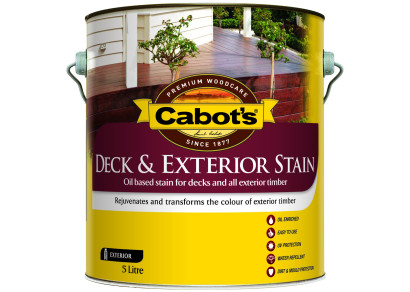




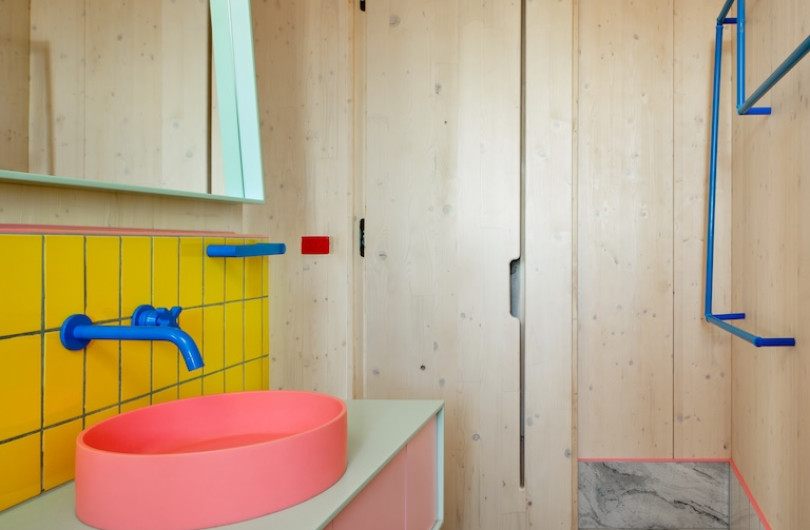
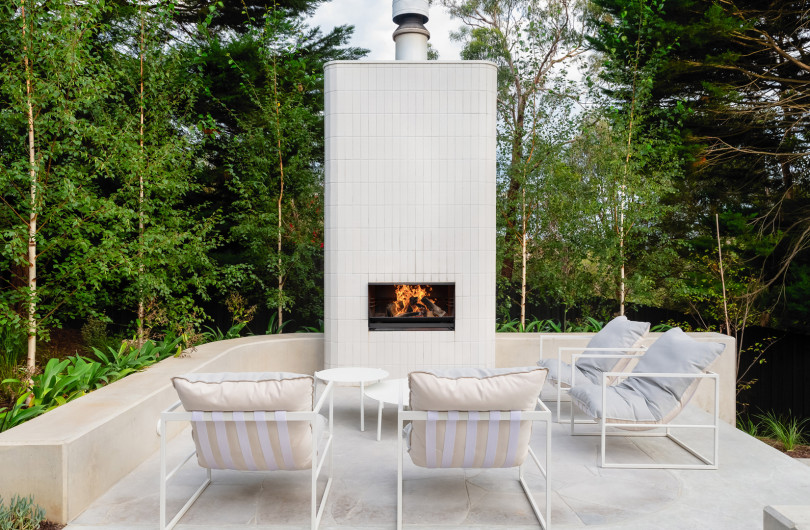
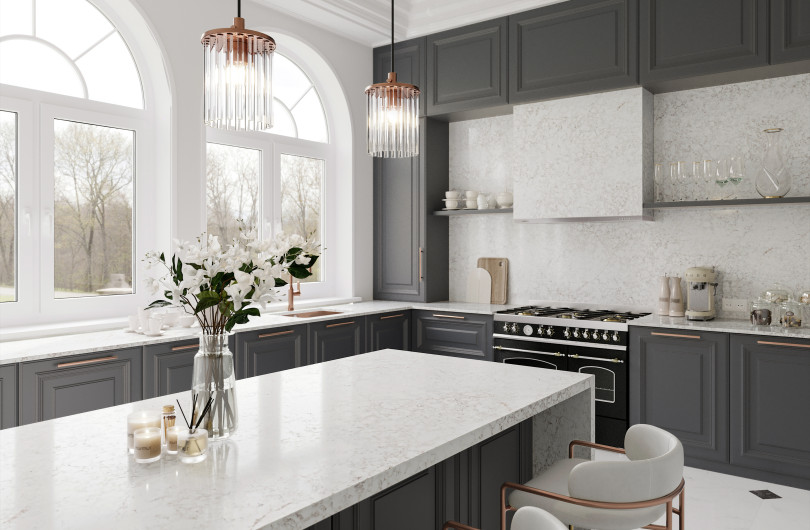


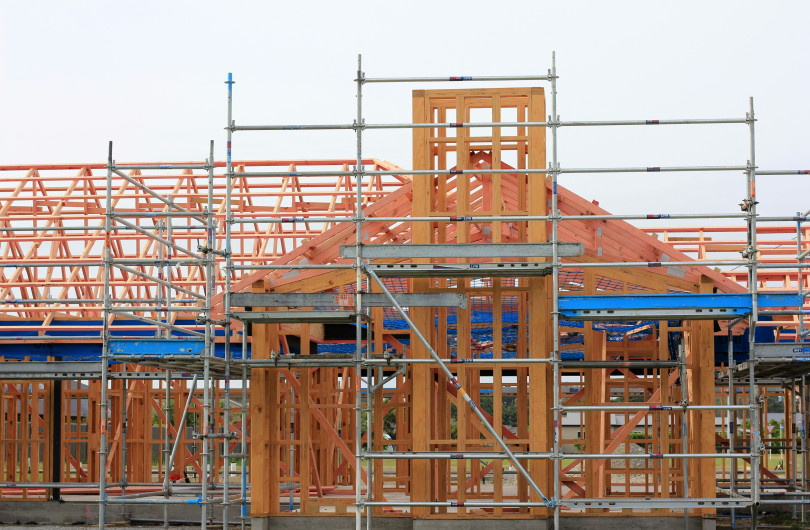
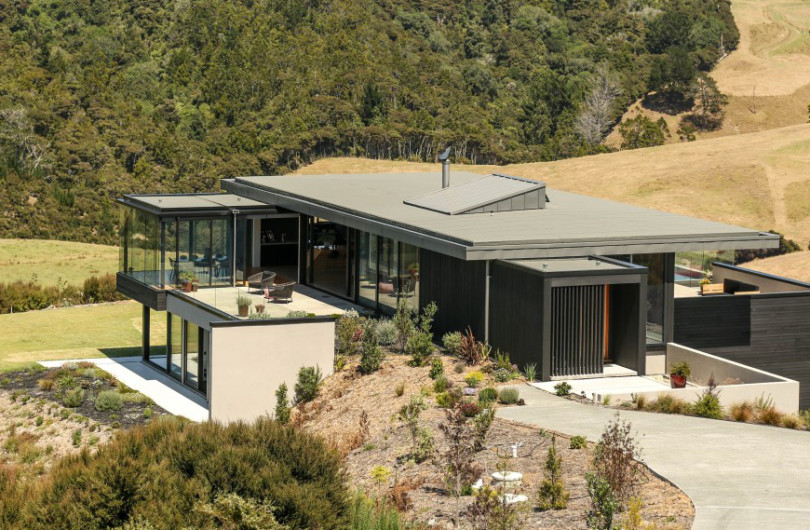



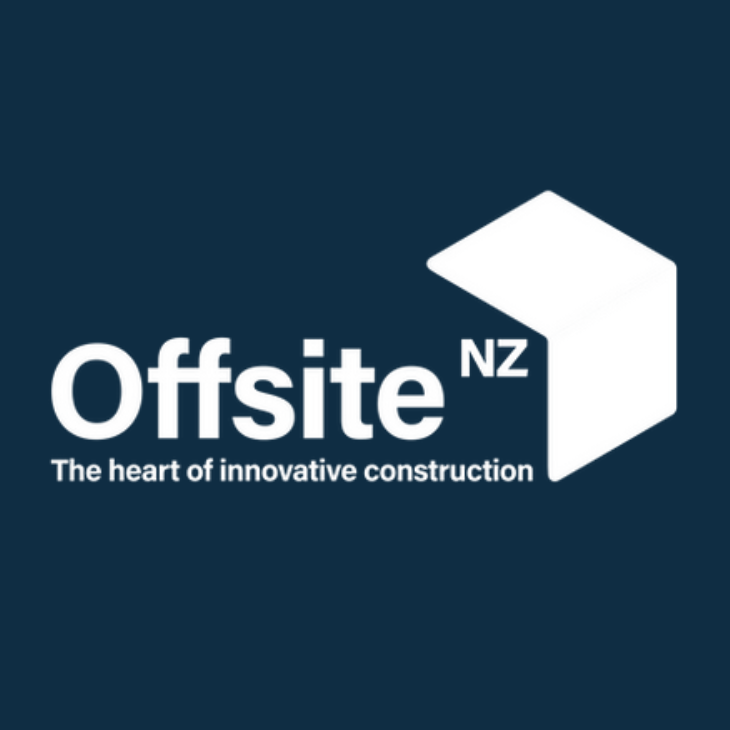



 Most Popular
Most Popular Popular Products
Popular Products



